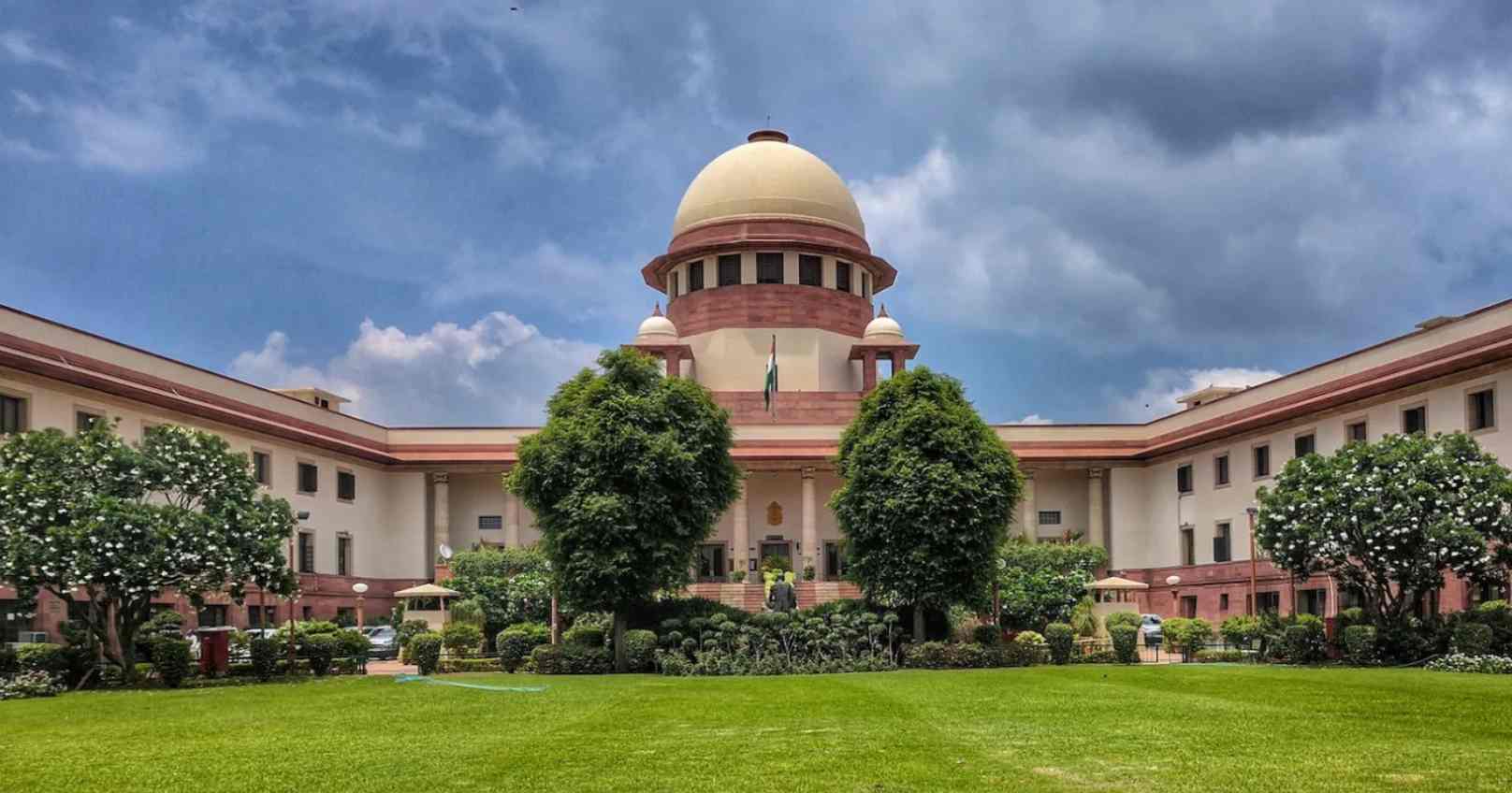Four Indian nationals accused of the assassination of Khalistani separatist leader Hardeep Singh Nijjar have been granted bail by a Canadian court. The accused — Karan Brar, Amandeep Singh, Kamalpreet Singh, and Karanpreet Singh — face charges of first-degree murder and conspiracy to commit murder.
The trial has been transferred to the British Columbia Supreme Court, with the next hearing scheduled for February 11, 2025.
Hardeep Singh Nijjar, a vocal advocate of Khalistan, was killed in Surrey, British Columbia, in June 2023. His death made international headlines after Canadian Prime Minister Justin Trudeau alleged Indian government involvement, a claim strongly denied by India as "unsubstantiated and baseless."
The four accused were apprehended by the Royal Canadian Mounted Police (RCMP) in May 2024 across various Canadian locations. However, delays in the prosecution's presentation of evidence during preliminary hearings drew sharp criticism.
According to court records, the four individuals were granted bail and released under specific conditions while awaiting trial. Their status is now listed as "not in custody," meaning they are free under judicial oversight pending further proceedings.
Case Progression and Legal Developments
The Canadian government has invoked a "direct indictment" to expedite the case, bypassing the preliminary inquiry and directly transferring the matter from the Surrey Provincial Court to the British Columbia Supreme Court. This legal strategy is intended to fast-track the trial process.
A publication ban has been imposed on pre-trial proceedings at the Crown’s request, with the consent of defense counsel. This restricts media and public access to updates on case management discussions and motions leading up to the trial. Officials from the Prosecution Service noted that pre-trial motions are expected, but the timeline for this phase remains uncertain.
Diplomatic Fallout and Domestic Implications
The case has further strained India-Canada relations, which were already tense over the issue of Khalistani extremism. Nijjar’s killing has polarized the Sikh diaspora in Canada, with differing opinions on his pro-Khalistan stance.
The release of the accused has also been viewed as a challenge for the Canadian government, especially following its strong rhetoric against India. Critics have pointed to delays and insufficient evidence in the case as factors weakening Canada’s position.
This high-profile trial will continue to be closely watched, both for its legal proceedings and its broader impact on diplomatic relations and domestic politics in Canada.







